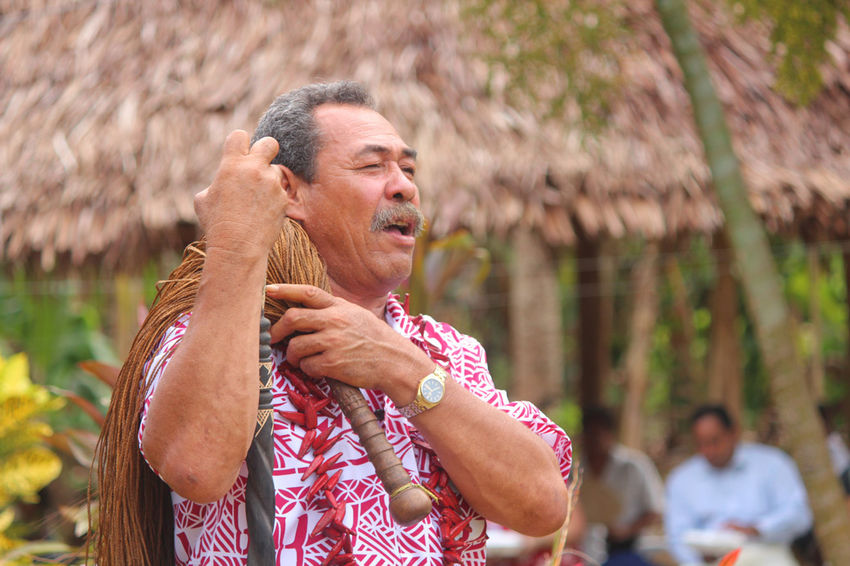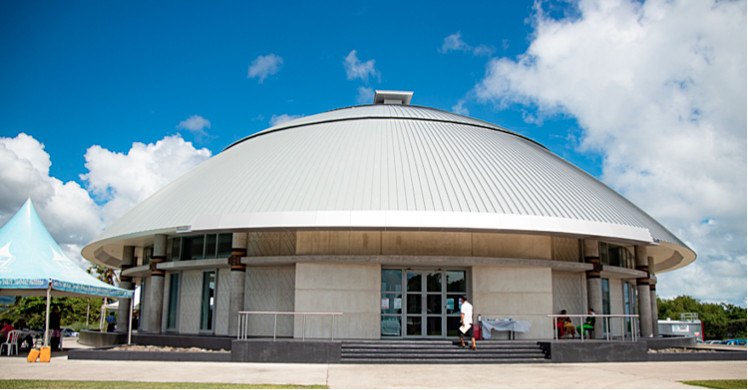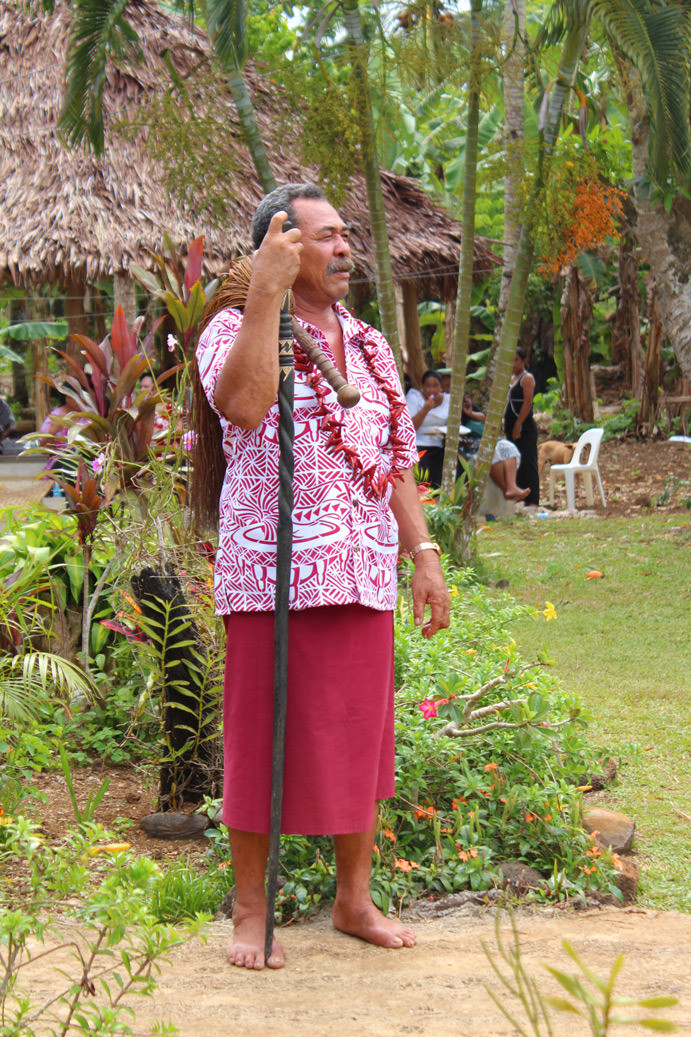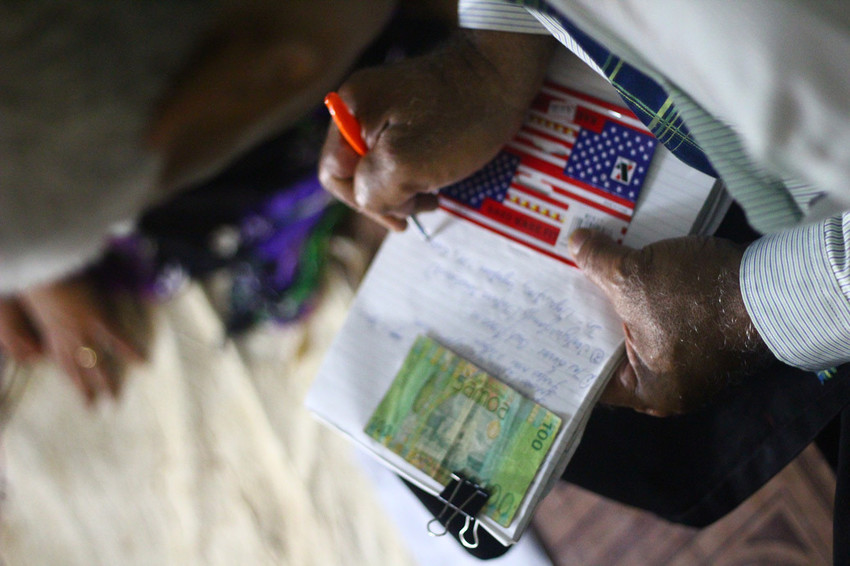Who should get a Matai title? – The Chief debate

By Lefaoali’i Dion Enari
In 2021 Matai (Chief) are not only visible at Samoan events, but are also part of mainstream popular culture. Boxing greats Faumuina To'aletai Mafaufau David Tua, Lupesoliai La'auli Joseph Parker and former All Blacks Captain Fa’alogo Tana Umaga are but a few public figures that can be seen addressed by their Chief title(s) on T.V. Even former New Zealand Prime Minister Leulua'iali'iotumua Bill English and International Superstar Seiuli Dwayne “The Rock” Johnson have been formally bestowed titles.
As the visibility of Matai grow, so too does the debate on who is entitled to receive this mark of Chiefdom. These debates have been further heightened by the new law in Samoa, now prohibiting those residing overseas from becoming a Sa’o (head Chief). This law has sparked much controversy, as to who is entitled to certain Matai names. I do not wish to give an answer or solution to this debate. Instead, I wish to provide different insights from my own personal experiences.

Having lived in Samoa (the best years of my life), I met many people who believed that mastery of the Samoan language and culture is needed, before one can become a Matai. During my time in Samoa, I had met Matai and Taulelea (untitled men) alike, who believed that only through serving in the village, should one be rewarded with a title for their work. People in Samoa believed that only a person who has served in the village from a young age, and observed how Matai fono (meetings) and lauga (speeches) were performed, would be able to fulfil Matai roles and responsibilities.

As I had moved back to Australia, I was excited to hear the perceptions of Samoan diaspora. Interestingly, the general consensus I received among this group, was that Samoan blood and their familial connection to titles and land meant it was their birth right. Many in the diaspora did not feel that cultural knowledge or time spent in the islands was a prerequisite. Instead, they believed their genealogical links meant they were worthy enough to become Matai. Several people in this group also believed that the remittances they sent back to Samoa was their tautua (service) to their family and village.

As I look back at these experiences among those in the Mother(land) and abroad, I can’t help but think, there is no right or wrong answer. Rather, a collective conversation that affects all our people. Let’s not just voice our own views, but also listen to those of others. Ia manuia.


.
Lefaoali’i Dion Enari is a PhD Candidate at the Faculty of Society and Design, Bond University, Gold Coast. He holds a Master of International Relations and Ali’i Tulafale Matai (high talking Chief) title from Lepa, Samoa. His research interests include Mental health, Ethnography, Pacific language, Cultural sustainability, Indigenous studies, and Trans-nationalism.
He is from the villages of Lepa, Malaela, Vaiala, Nofoali’i and Safune.
.
The Saofa'i ceremony - Getting a Samoan title
For many Samoans living in the diaspora this age old highly significant ceremony can be hard to follow and understand - luckily for kiwi Samoan actor Fasitua Amosa, his father Rev Asora Amosa who is bestowed a title with him, breaks down all the elements of their saofa'i for all the new generations who want to know.
Here is their story of their special day, and some of the meanings behind the ritual of a Samoan saofa'i.
